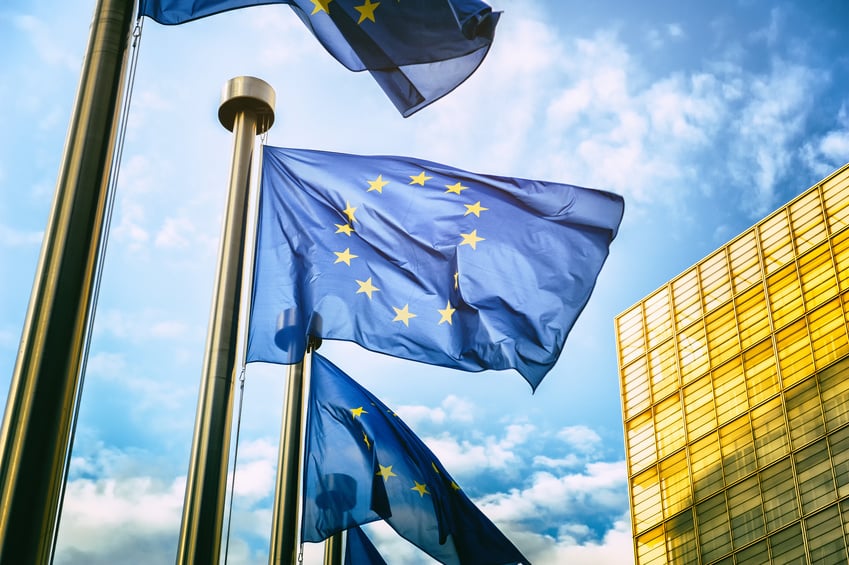On 23 May 2024, the EU’s Critical Raw Materials Act (CRMA), published as Regulation (EU) 2024/1252, entered into force following its adoption by the Council of the EU and European Parliament on 11 April 2024 and its publication in the EU’s Official Journal earlier this month. We are pleased to provide you with an assessment of the relevance of the CRMA and the implications it will have.
On 23 May 2024, the EU’s Critical Raw Materials Act, published as Regulation (EU) 2024/1252, entered into force following its adoption by the Council of the EU and European Parliament on 11 April 2024 and its publication in the EU’s Official Journal earlier this month.
On 21 March 2024, the United Nations General Assembly adopted Resolution A/78/L.49 on “Seizing the opportunities of safe, secure and trustworthy artificial intelligence systems for sustainable development”. This marks the first-ever resolution adopted by the United Nations (UN) on the matter of artificial intelligence (AI) and is therefore a milestone in its governance. Although the resolution has no immediate binding effect, its content will further guide the regulatory development of AI technologies on the national and international level in the years to come and marks a step in the “race to AI regulation”.
In a major shakeup to businesses’ obligations relating to human rights, environmental standards and climate change, the Corporate Sustainability Due Diligence Directive is set to become law.
In this article, we focus on the nature of the due diligence obligations: what is required in terms of diligence, what types of impacts are covered, etc.
After long and tough discussions, EU ambassadors adopted a new compromise proposal on the Corporate Sustainability Due Diligence Directive (CSDDD) in Brussels on 15 March 2024. Now the measures are likely to pass into law. The next step is for the Parliament to give its approval.
On 15 March 2024 a new compromise proposal of the Corporate Sustainability Due Diligence Directive (CSDDD) was agreed upon by the EU Member States. The CSDDD sets out human rights and environmental due diligence obligations for companies within and also outside of the EU. Some key regulations have been eased in order to reach an agreement and pave the way for passing the law. As a next step the European Parliament has to adopt the Directive before the Member States will have to transpose the Directive into national law.
On 24 January 2024, the European Commission published a package compromising five initiatives aimed at bolstering the EU’s economic security amidst growing geopolitical tensions and profound technological transformations. Central to this package is a proposal for a reform of the existing EU foreign investment review screening framework as it currently exists on the basis of Regulation (EU) 2019/452 and essentially provides for a notice-and-comment procedure in its current form.
Leading technology companies have agreed to help prevent deceptive AI content from influencing the many elections worldwide in 2024. This commitment was announced at the Munich Security Conference. This commitment comes at a crucial time, with over four billion people across more than 40 states set to vote in elections this year. Within the generally prevailing discussion about AI and ethics, the increasing use of AI in political discourse has raised concerns about its potential impact on geopolitical developments.
On 24 January 2024, the EU Commission released its Decision establishing the European Artificial Intelligence Office (AI Office). This client alert focuses on the integration timeline, jurisdiction and scope of the AI Office, alongside questions yet to be addressed.






